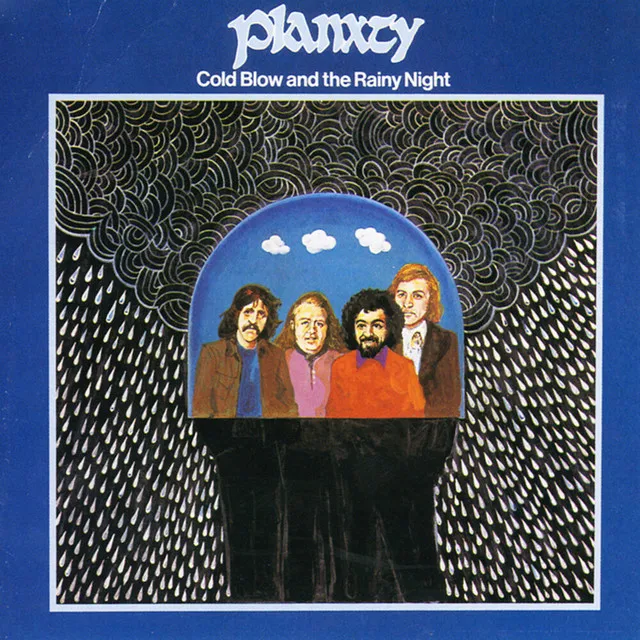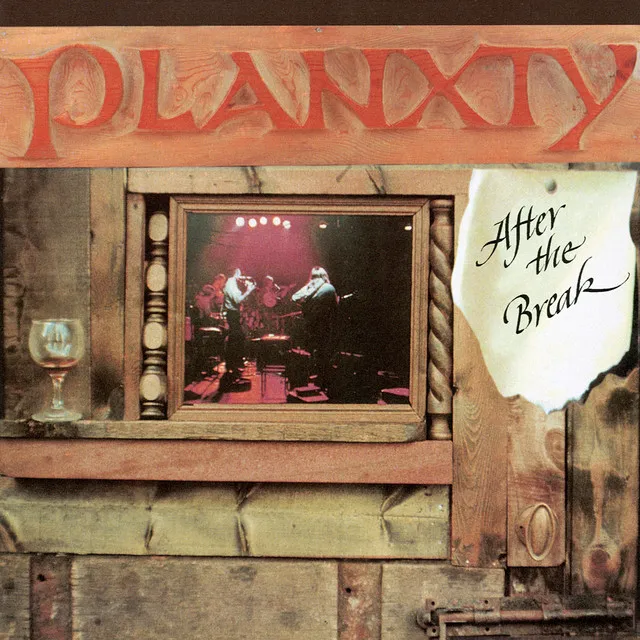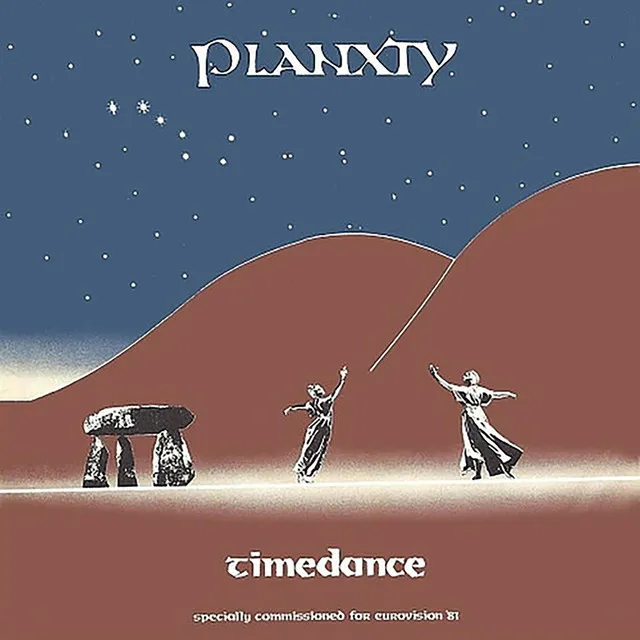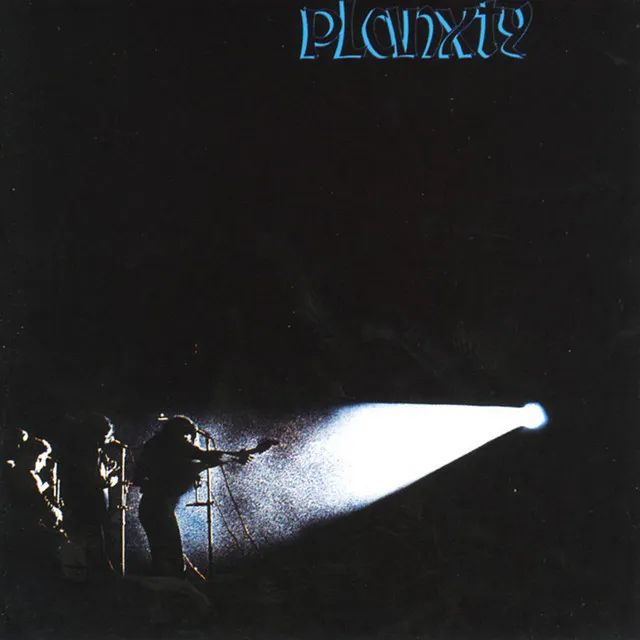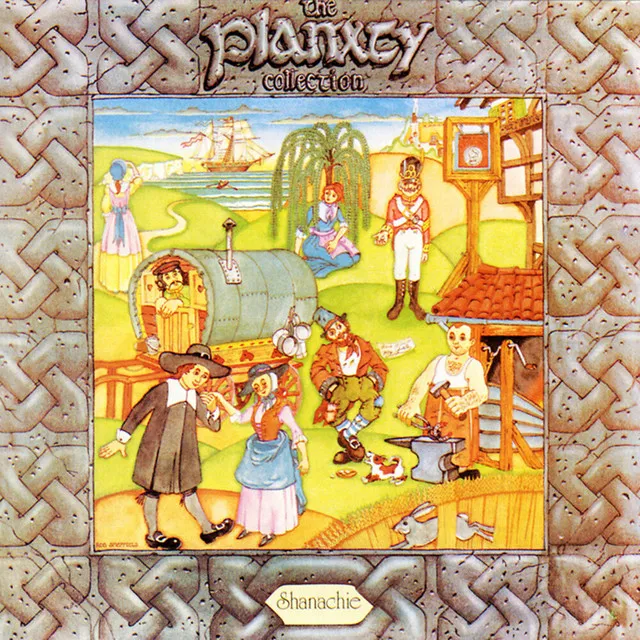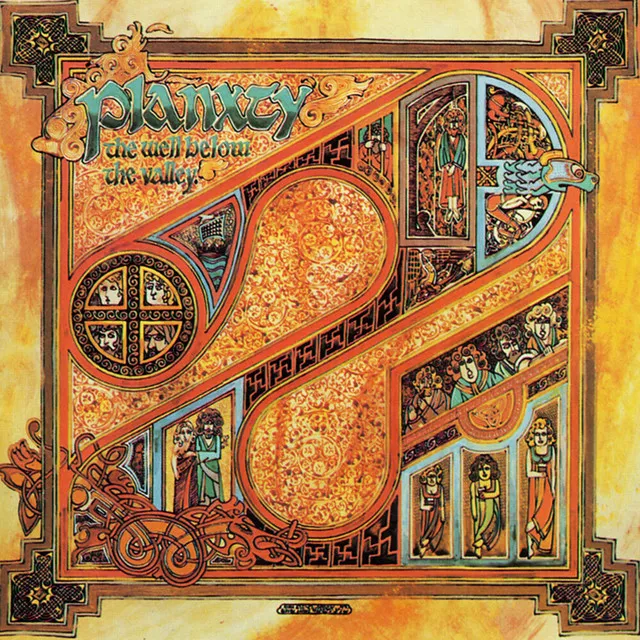Along with groups like the Bothy Band, Planxty helped to usher in a new era for modern Celtic music. While their sound remained rooted to traditional music, the band's virtuosic musicianship and high-energy delivery reflected modern influences, while their unique vocal harmonies and instrumental counterpoint were unprecedented in Irish music.
The founding members of Planxty -- Christy Moore, Dónal Lunny, Liam O'Flynn, and Andy Irvine -- initially came together to provide instrumental accompaniment for Irish singer/songwriter Christy Moore's 1972 album, Prosperous. The sessions proved so inspiring that the musicians agreed to continue working together. With the release of their debut single, "Cliffs of Dooneen," the new band attracted international attention. An equally memorable, self-titled album, affectionately known as the "Black Album," followed shortly afterwards.
Despite its success, Planxty was plagued by a series of personnel changes. Following the release of the band's second album, The Well Below the Valley, Lunny departed for the Bothy Band and was replaced by Johnny Moynihan, who had previously played with Irvine in Sweeney's Men. Moore followed after the release of the band's third album, Cold Blow and the Rainy Night to resume his solo career, and was replaced by singer/songwriter Paul Brady. The loss of Moore and Lunny was devastating and, shortly after releasing their fifth album, The Woman I Loved So Well, Planxty disbanded in 1981.
The seeds for Planxty's resurrection were planted in late 1983. In addition to the original members, the re-formed group featured ex-Bothy Band and future Chieftains flute player Matt Molloy and keyboardist and future Riverdance producer Bill Whelan. Fiddlers James Kelly and Noelle Casey were added for the first album by the reunited group, Words & Music. The renewed energy petered out quickly. By 1983, Lunny and Moore had gone off to form a more electric trad-rock group, Moving Hearts. ~ Craig Harris, Rovi
